Triple-negative breast cancer has poor survival and few therapeutic options — but with a new approach, things could change.
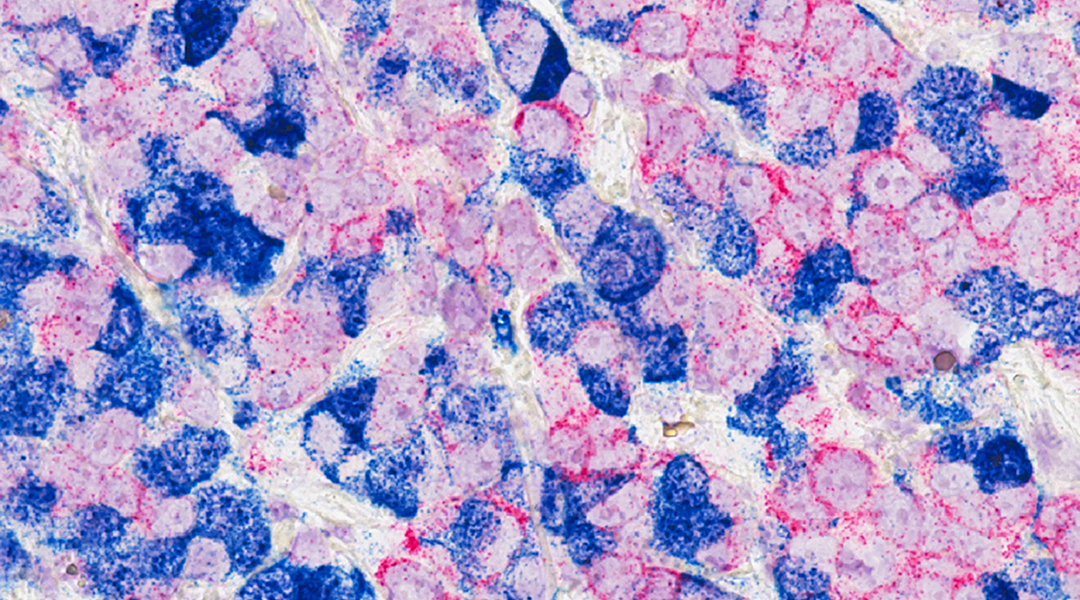

Triple-negative breast cancer has poor survival and few therapeutic options — but with a new approach, things could change.
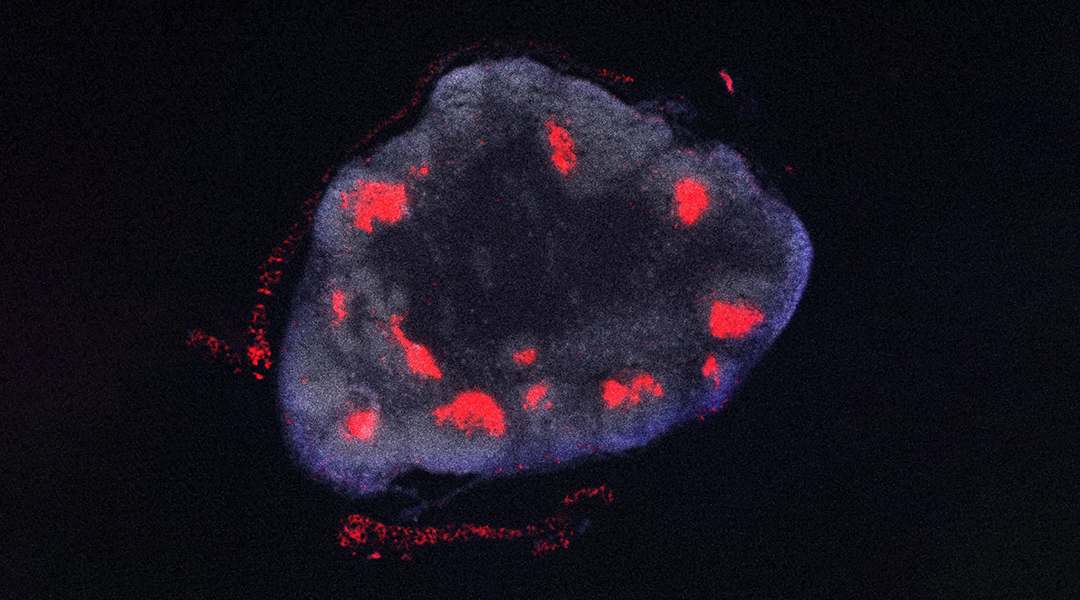
From boosterless vaccine platforms to goopy 2D inks and color-changing crystals, here are some of the most striking images collected from our journals.

A new spinal cord implant was used to heal a severed spine, offering hope that these types of injuries can one day become treatable.
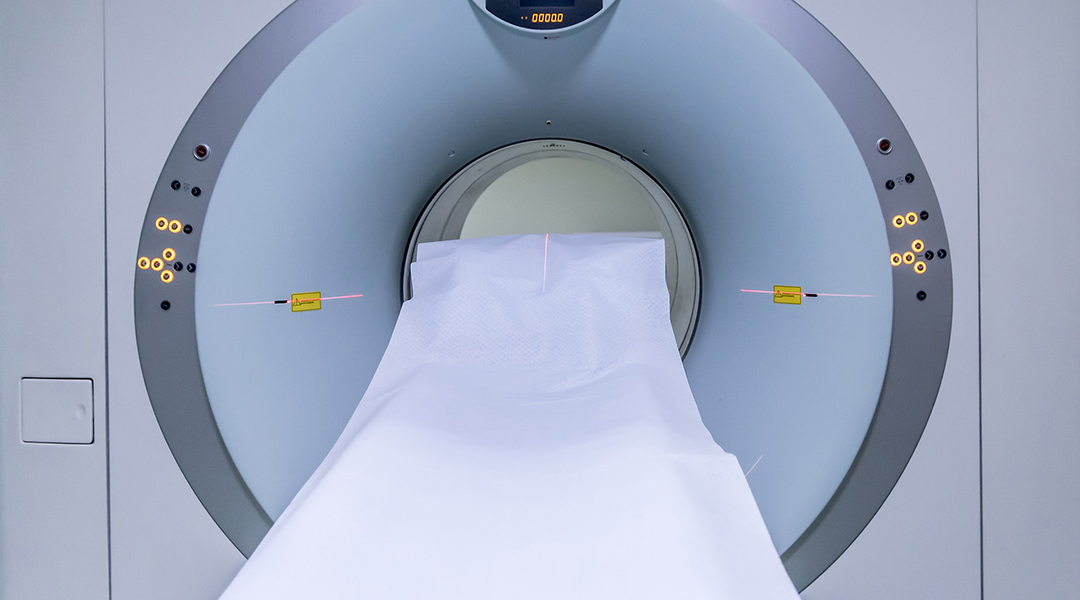
Magnetic seeds are guided toward cancer cells through tissues in the body, providing a safe means of treating hard-to-reach tumors.

A fast and efficient means of record keeping could improve the ability to trace structural differences in viral variants.
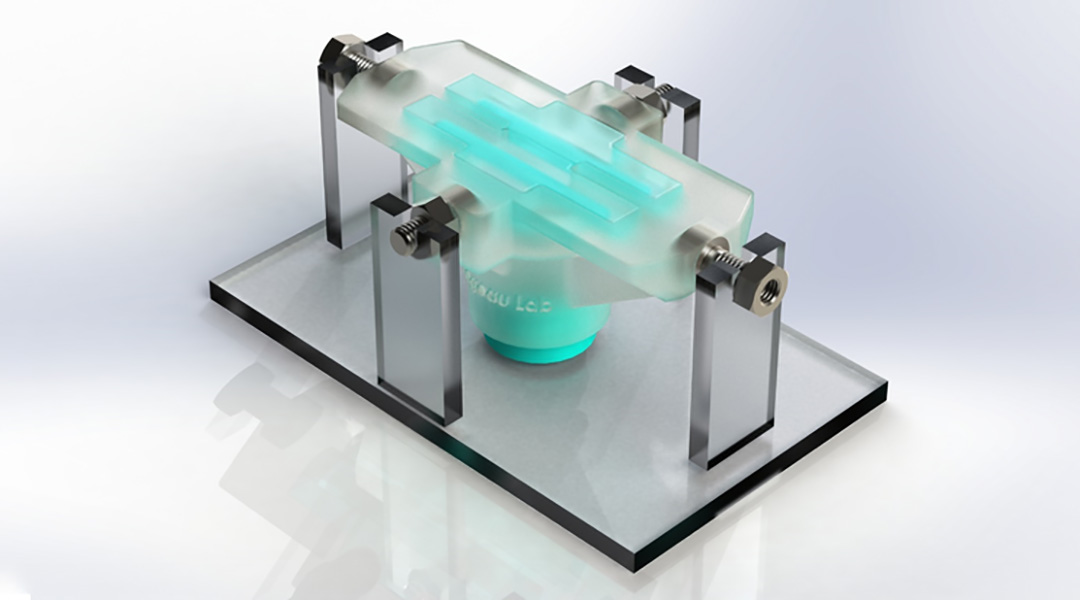
A new hydrogel supports living cells and can withstand dynamic environments to help repair tissue in the heart, muscles, and vocal cords.
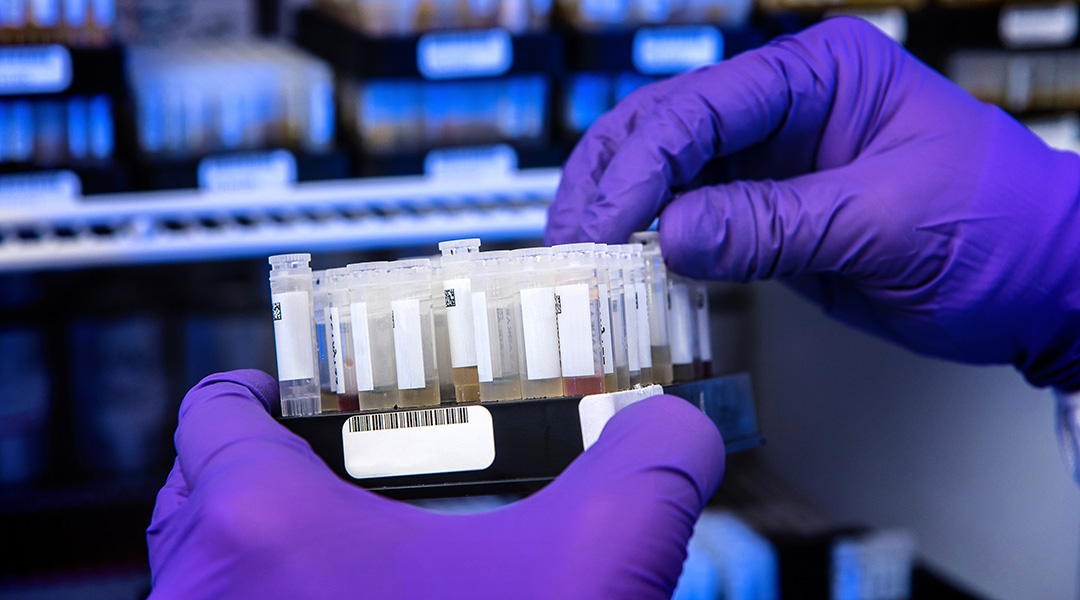
Three potent antibodies against SARS-CoV-2 identified in healthy individuals decades ago raises interesting questions about their origins and evolution.

Nanoparticulate formula together with light augmentation could realize the potential for intranasal vaccines to protect against respiratory viruses.

Researchers are devising a quicker and cheaper way to diagnose tuberculosis — and it’s based on how your skin smells.

A new algorithm helps researchers search out new molecules for applications in medicine, keeping their synthesis quick and cost-effective.